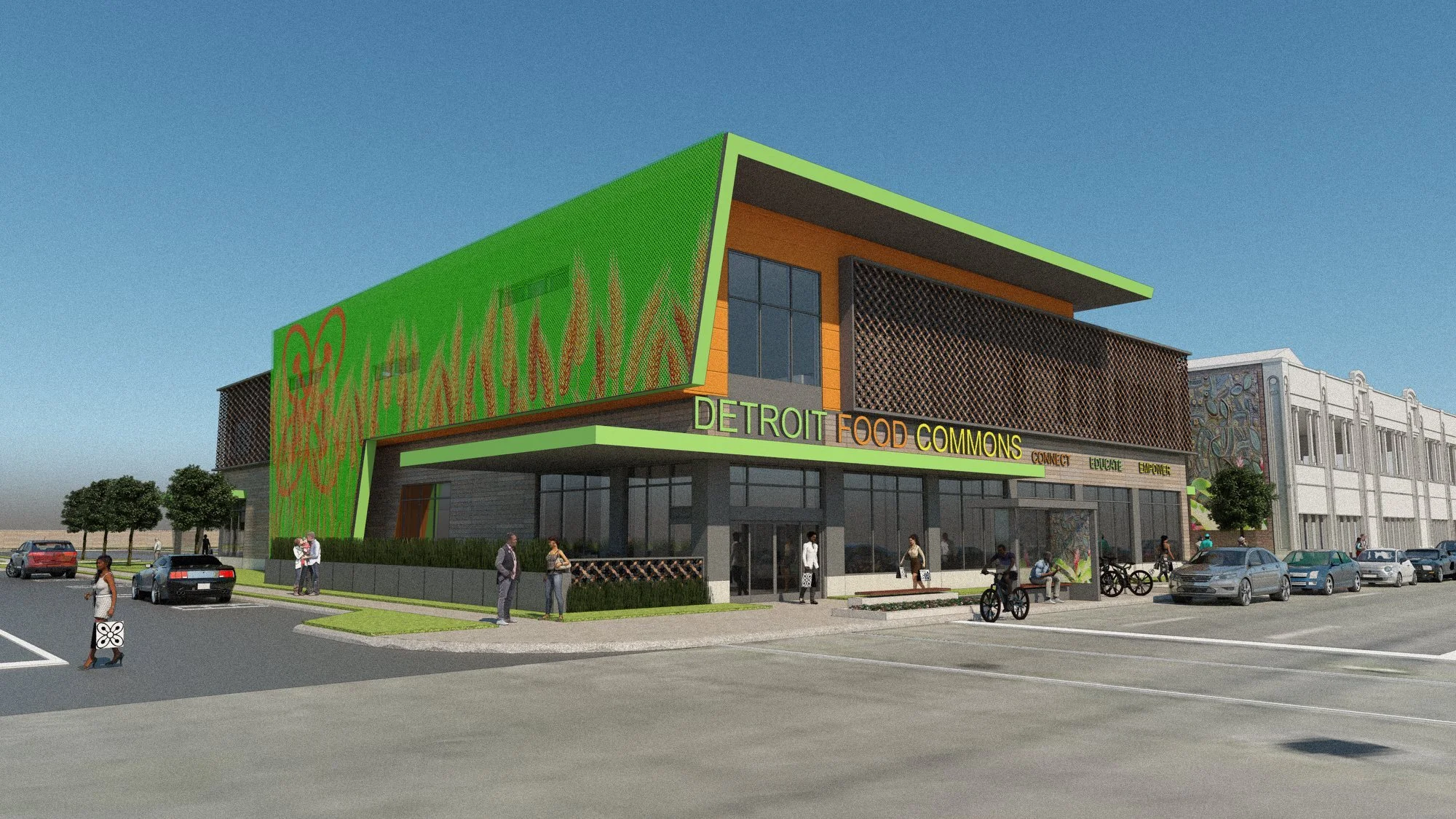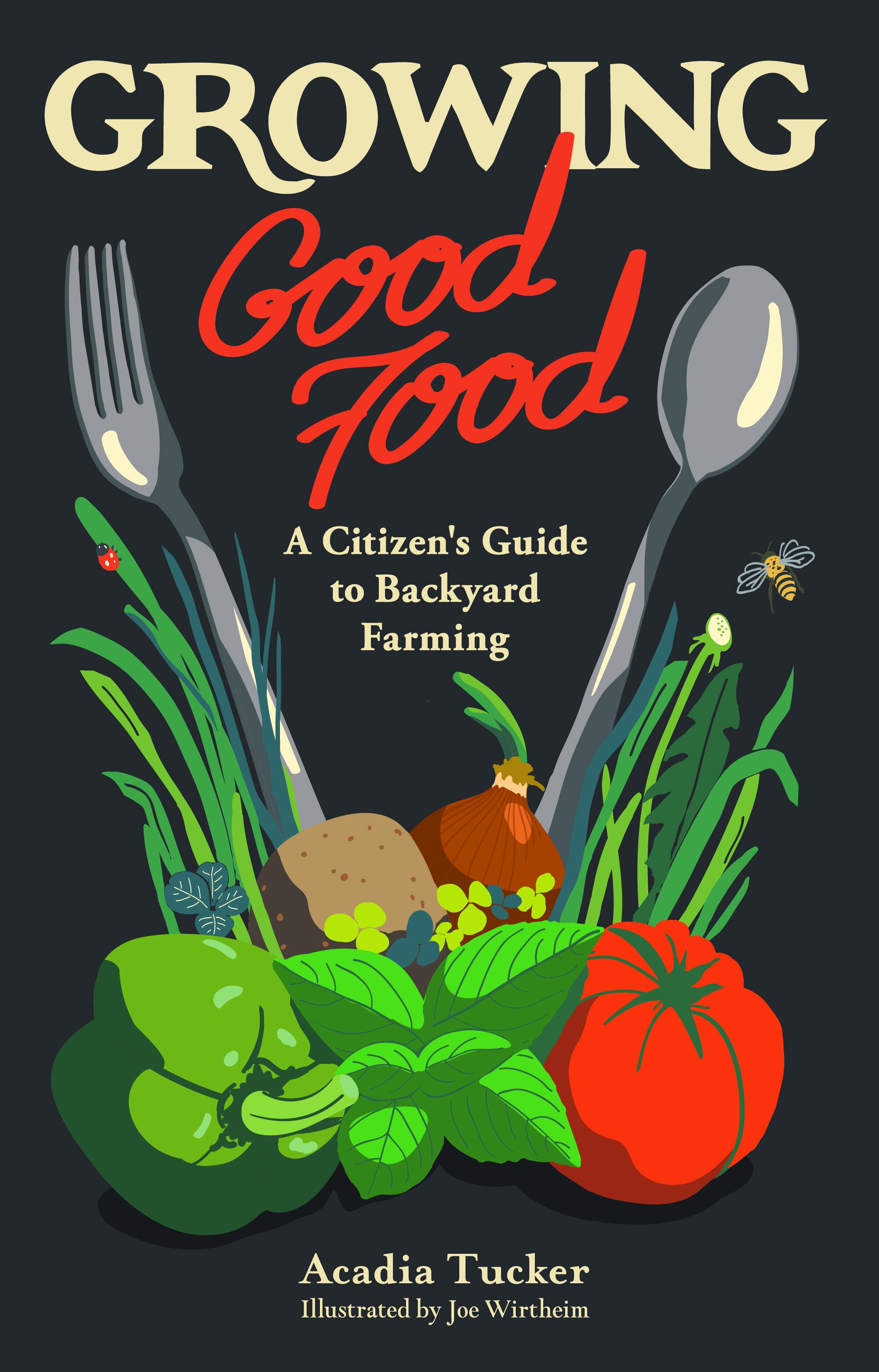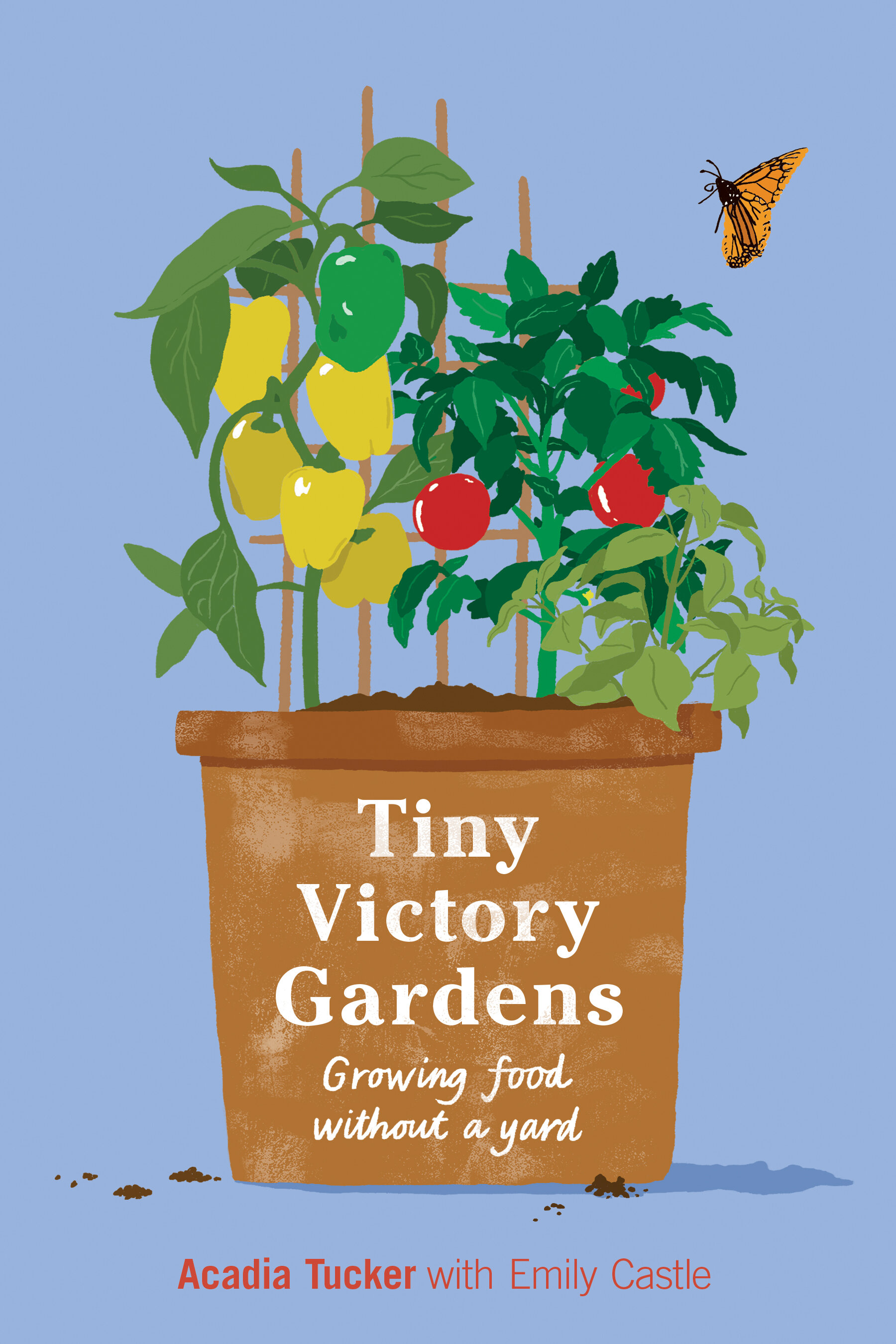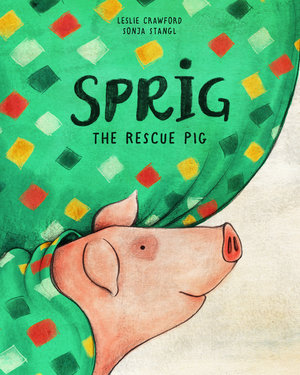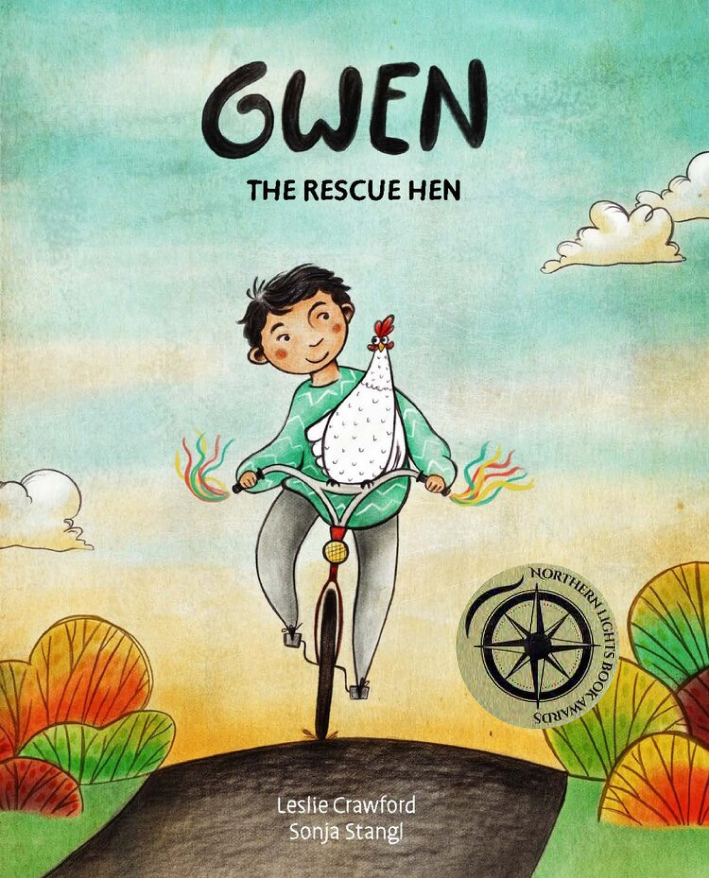Food co-ops are on a mission to fix our food system. They might just succeed.
A rendering of the Dorchester Food Coop, which is slated to open in 2021. Cooperatively run food stores offer a chance to revitalize “food deserts” by investing in community as well as in the business of selling food.
While growing up in East Oakland, Daniel Harris-Lucas experienced what can happen after a beloved grocery store closes. He was 13 when the store close to where his family lived shut its doors. They had to travel further to get their groceries at a Safeway. Worse, they lost the connections they’d had to the people who’d worked at the store, and shopped there. For Harris-Lucas and his family, shopping for food suddenly became an impersonal and unsatisfying chore.
Erin Higginbottham (left) is a founding member of the East Oakland Grocery Cooperative.
“It’s not just a store that will pop up out of nowhere and put this pretty little bow on everything,” she says. The central goal of the cooperative is to not just provide food, but to “build generational, holistic wellness.”
Donate to the East Oakland Grocery Cooperative.
More than a decade later, Harris-Lucas carries with him the memory of losing that neighborhood store. It’s one reason he is working to establish a community-centered food store in his old neighborhood. Called the East Oakland Grocery Cooperative, the store is Black-owned and run with the goal of building community by providing “fresh, local and healthy foods and job opportunities to the Black, Indigenous and People of Color (BIPOC) residents of East Oakland,” according to its mission statement.
The store hasn’t opened yet, but the founders-in-training have been distributing food to the neighborhood monthly to get residents involved in supporting its launch.
Cooperatively run food stores have been around since the 18th century when they first cropped up in Europe. But they’ve achieved new relevance in the pandemic, which has pushed people toward local food suppliers. Recent protests against police brutality have driven even greater support.
“Empty grocery shelves made the fragility of the food system and its built-in inequities much more visible,” says Malik Yakini, executive director of the Detroit Black Community Food Security Network (DBCFSN), and co-founder of the Detroit People’s Food Coop. The co-op that has seen a huge surge in member sign-ups over the past few months, whose membership fees will help fund the store’s installation.
“We want to stock items that are produced in Detroit, they’re processed in Detroit, they’re sold in Detroit. We employ people who live in Detroit, who take the money they earn and spend it in Detroit. ”
As with many cooperatively run stores, the Detroit People’s Food Coop seeks not only to run a successful store but to revitalize the community it is based in. “We want to stock items that are produced in Detroit, they’re processed in Detroit, they’re sold in Detroit,” explains Yakini. “We employ people who live in Detroit, who take the money they earn from sales and spend it in Detroit.”
The goal, says Yakini, is to keep wealth in the neighborhood. “We expect our co-op to have an impact on the local food economy more generally.”
This commitment to community-building and the local circulation of wealth is why a food co-op is also seen by many as a means of redressing a longstanding problem with our food system: the country’s failure to make healthy food easily available across the country.
Pockets of food scarcity, traditionally known as food deserts, have long been blamed on the absence of supermarkets. In 2015, the USDA estimated that 19 million people, or 6.2 percent of the US population, lived in a food desert. The Food Trust reports these are much more likely to occur in communities of color. One reason for this is a practice known as redlining, a federal housing policy from the 1930s that blocked Black families from receiving home loans. As more affluent residents fled to the suburbs in the ‘60s and ‘70s, many supermarket chains followed. For decades, supermarket redlining left large numbers of poor and disadvantaged residents without easy access to healthy food.
Founding members of the East Oakland Grocery Cooperative. Left to right: Erin Higginbotham, Jameelah Lane, Yolanda Romo, and Daniel Harris-Lucas. Photo credit: Kelly Carlisle.
“I can show you the one grocery store we have,” says Daniel Harris-Lucas. “But I can also show you our five liquor stores. The real question is why do we only have this one, and if this one grocery store closes, will we get a new grocery store immediately?”
His effort to open a cooperatively-run store seeks to safeguard the community against this uncertainty.
But solving the food scarcity issue is no longer seen as a simple case of opening up more grocery stores. Researchers have found that when a large grocery store opens in an impoverished community, it doesn’t necessarily change how people eat. According to a recent study in the Quarterly Journal of Economics, people may shop at a new supermarket, but they buy the same groceries they had been buying before.
Eating healthy foods depends on income, researchers concluded, more than access. And processed foods, which have been linked to obesity, diabetes, and heart disease, are the cheapest foods available, thanks largely to government subsidies for commodity crops. Food desert neighborhoods, filled with liquor and convenience stores, are dominated by these kinds of foods, leading some to call them food swamps.
“‘Food desert’ sugarcoats what the problem is,” says veteran food justice activist Karen Washington. “If you bring a supermarket in, it’s not going to change the problem. When we say ‘food apartheid’, the real conversation can begin.” Washington says that food apartheid “brings us to the more important question: what are some of the social inequalities that you see, and what are you doing to erase some of the injustices?”
Unlike a Safeway or an Albertsons, food co-ops are well-suited to tackling the inequities that limit access to healthy food for so many. Co-ops tend to be mission oriented and informed by a concern for people, democracy, and education. They often function as community centers, maintain libraries and educational kitchens, hold events, run low-income assistance programs, and partner up with community partners to offer discounts. A co-op is also responsive to what its community wants because members—the shoppers themselves—control how it’s run.
Liz Wang (far right) is a board member of the Dorchester Community Coop in Boston. In nine years of organizing, she became well aware of the stigma held by certain co-ops.
“Co-ops had a reputation of serving communities that had higher incomes and less diversity, mostly white. This perception was common, despite the fact that coops have their roots in serving low-income and disempowered communities. Many started in the 1930s during the Great Depression, and we have so many examples of amazing Black-led co-operatives.”
Donate to the Dorchester Community Coop
These close neighborhood connections may help explain why a 2019 Next City survey of 71 food stores that have opened since 2000, found that all 22 of the community-run food co-ops survived. Out of the rest, half the commercial stores and a third of the government developments had closed.
It doesn’t hurt that food co-ops are also an economic force to be reckoned with. More than 300 food co-ops exist across the country, with another 80 under development. In 2017, the sector generated more than two billion in sales, 20 percent of which came from local products.
Not all food co-ops are the same, of course. Some focus on more expensive organic items and cater to wealthy white neighborhoods. While they often work hard to improve access to their food, this is different from a co-op born in a marginalized neighborhood out of a community need for any kind of fresh food.
And for all the benefits of food co-ops, deploying more of them to underserved communities isn’t a no-brainer solution. Without the financial backing large retailers have, building one takes an immense amount of work. The People’s Food Coop, for instance, was fortunate to have the city of Detroit on its side. The Detroit Housing and Revitalization Department helped the co-op secure a location, but only after raising the hefty $13 million it needed to build the Detroit Food Commons, and a lot of grassroots organizing.
The Detroit People’s Food Coop building will house the co-op along with several incubator kitchens for start-up entrepreneurs, a community meeting space, and offices for the DBCFSN. The plan is for the commons to become a hub for the neighborhood, and attract like-minded businesses. Another focus of the co-op is education; it plans to roll out classes on nutrition, food preparation, diet, as well as issues of food justice. To anchor its business in the community, the co-op has held more than 40 engagement sessions, movie nights, and game nights. Photo source: Detroit People’s Food Coop
The Renaissance Community Coop (RCC) in Greensboro, NC, is a typical example of the kinds of challenges independent retailers face. It operated for two years before closing its doors due to a low sales volume, fierce corporate competition, and lack of operational capacity. But instead of just walking away, the founders took the closure as an opportunity to write about the failure in hopes of inspiring success elsewhere.
“Movement-building is your secret weapon. You have it, and your corporate competitors do not.”
“Movement-building is your secret weapon,” they wrote. “You have it, and your corporate competitors do not.” A better food system hinges on building this kind of community involvement. For all its shortcomings, “we are situating RCC’s failure as just one step in a longer struggle to build a more democratic, just, and sustainable economy—one grocery store at a time.”
One store at a time may not be fast enough for some. But for many co-op founders, focused as they are on working within their own neighborhoods, it’s a more sustainable way to bring about change in long-marginalized areas.
“Co-ops become the only solution that I’m aware of, within the context of a capitalist system, where groups can organize their economic strength collectively and also benefit collectively,” said Malik Yakini. “The broad benefit that comes from broad ownership doesn’t exist in American economic society in any other form.”
Alec Tilly is a News Fellow based in San Francisco, CA.





